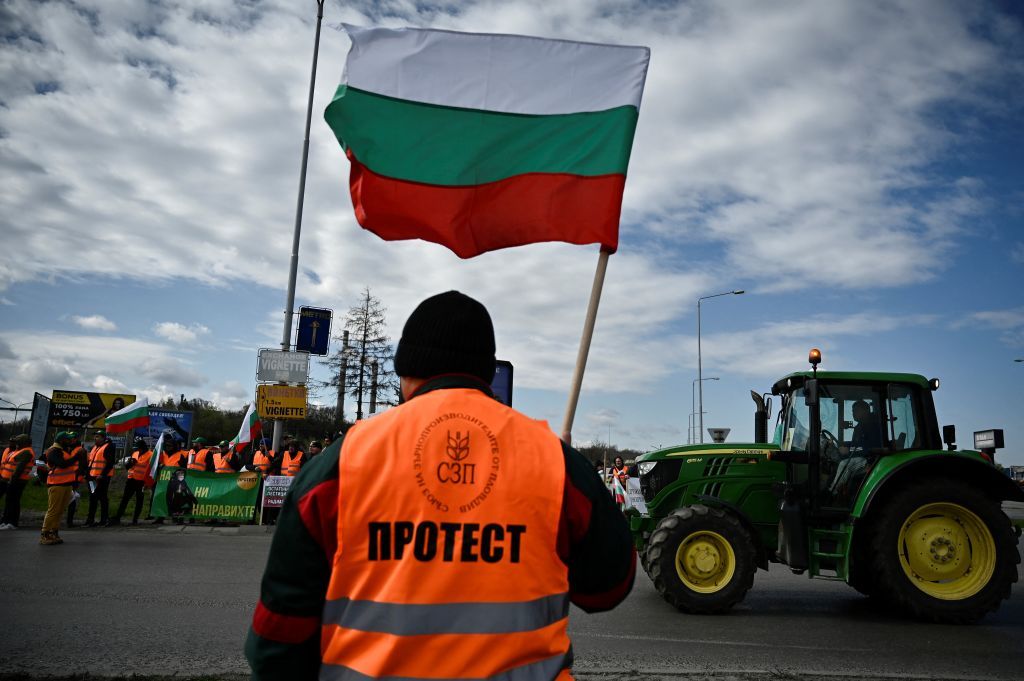Lithuanian president: Ukraine could export 10 million tons of grain annually through Baltic Sea ports

If special corridors are developed, Ukraine could transport 10 million tons of grain annually through the Baltic Sea ports, Lithuanian President Gitanas Nauseda said, as cited by Delfi media outlet.
According to Nauseda, although the ports can't serve to transfer as much grain as Ukraine does using main transit routes, the Baltic Sea corridors could significantly support Ukrainian exports hindered by Russia's withdrawal from the Black Sea grain deal.
The agreement, brokered in July 2022 by Turkey and the United Nations, previously allowed Ukraine to export its agricultural products through its Black Sea ports amid Russia's full-scale invasion.
Speaking at a Sept. 6 press conference, the Lithuanian leader urged European Union member states "to do everything possible" to ensure Ukrainian grain can flow freely to international markets.
Since early May, Ukrainian wheat, maize, rapeseed, and sunflower seeds have been banned from entering markets of Poland, Hungary, Romania, Bulgaria, and Slovakia. The countries have asked the European Commission to extend the ban until the end of 2023, with Poland warning they would impose unilateral restrictions otherwise.
However, most EU countries are against prolonging the import ban beyond the current expiry date of Sept. 15, Politico reported, citing four European diplomats.

At a Sept. 6 meeting with the European Commission, ambassadors of 22 out of 27 EU member countries either opposed or remained deeply skeptical of the idea, a senior EU diplomat told Politico, adding that France and Germany were especially critical of the ban extension.
According to the media outlet, two diplomats said that while many EU members recognized the challenges faced by the five Eastern European countries, they asked the Commission to offer alternative measures.
Cheap Ukrainian grain has been flooding the EU market since the beginning of the Russian invasion, helped by the bloc waiving customs duties and import quotas to keep Ukraine's agricultural sector running.
Low-price grain prices prove too tempting for local buyers and traders, undercutting local producers.













